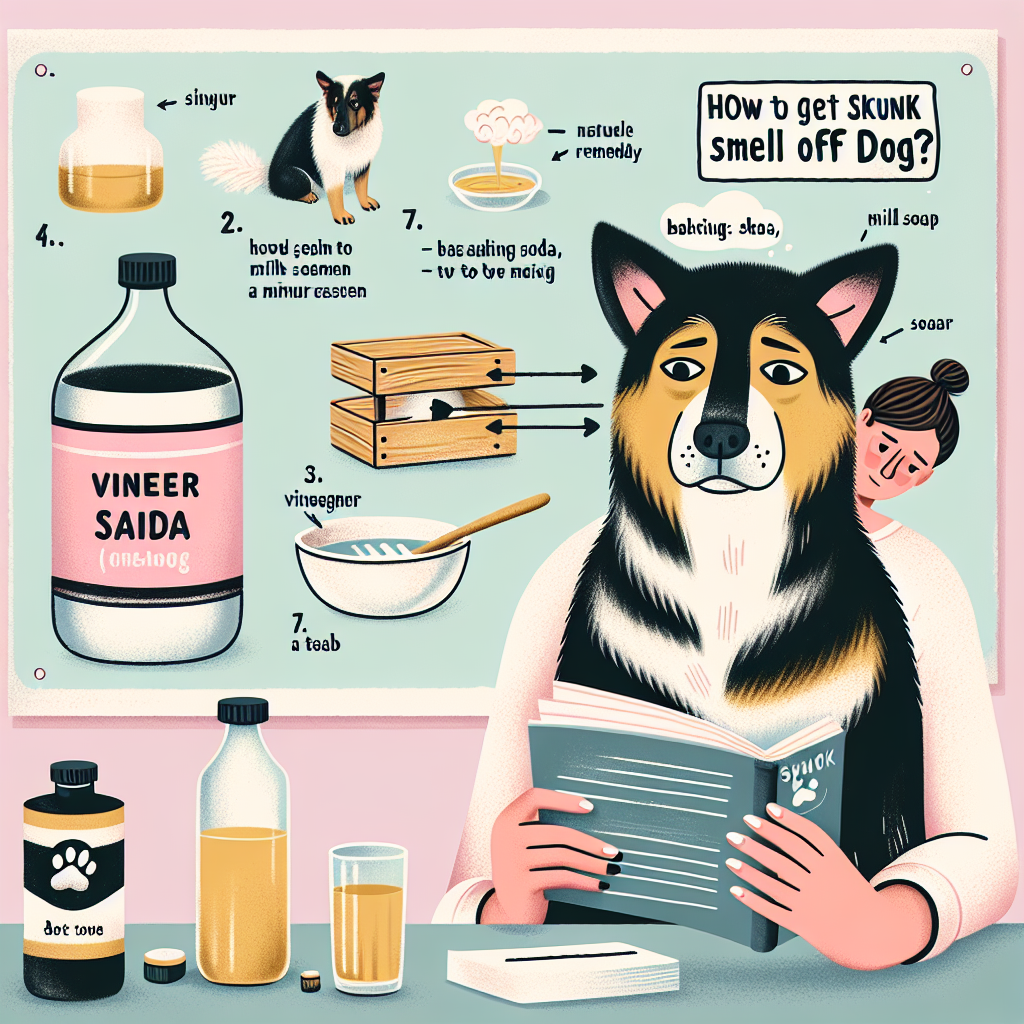Can Dogs Get Colds? Understanding Canine Respiratory Health
As the chill of winter sets in, many pet owners find themselves wondering: can dogs catch colds? While it may seem natural to compare human illnesses with those of our furry friends, it’s essential to understand that dogs have their own unique health issues that differ from human cold symptoms.
What is a Cold?
In humans, a cold is typically caused by a viral infection that affects the upper respiratory tract. Symptoms commonly include a runny nose, cough, sore throat, and general malaise. In dogs, however, the situation is a bit more complex. Dogs do not experience colds in the same way humans do, but they are susceptible to respiratory infections that exhibit similar symptoms.
Canine Cough and Upper Respiratory Infections
The closest equivalent to a "cold" in dogs is a range of conditions often classified under canine infectious respiratory disease complex (CIRDC), more commonly known as "kennel cough." Kennel cough is a highly contagious respiratory condition often caused by a combination of viruses and bacteria, including:
- Bordetella bronchiseptica (bacterial)
- Canine distemper virus (viral)
- Canine parainfluenza virus (viral)
- Adenovirus type 2 (viral)
Symptoms of kennel cough can include a persistent dry cough, sneezing, nasal discharge, lethargy, and occasionally a mild fever. In most cases, kennel cough is self-limiting and resolves within a few weeks, but it can potentially lead to more severe respiratory issues, especially in older dogs or those with pre-existing health conditions.
Distinguishing Between a Cold and Other Illnesses
While kennel cough resembles the common cold in humans, it’s crucial for pet owners to differentiate it from other serious respiratory diseases. Conditions like canine influenza and pneumonia can present with similar symptoms but typically require more intensive treatment. Signs of serious illness may include:
- Excessive coughing or wheezing
- Difficulty breathing
- High fever
- Loss of appetite
- Lethargy
If your dog displays any of these signs, seeking veterinary attention is important.
Preventative Measures
Preventive care is vital in keeping your dog healthy during cold and flu seasons. Here are a few key strategies:
-
Vaccination: Vaccines are available for certain respiratory infectious diseases, including Bordetella and canine influenza. Consult your veterinarian to determine what’s appropriate for your dog based on their lifestyle and risk factors.
-
Social Settings: Avoid exposing your dog to crowded places like dog parks or boarding facilities if upper respiratory diseases are prevalent in your community.
-
Good Hygiene: Keeping your dog’s living environment clean can reduce the risk of infection. Wash their bedding regularly and ensure they have a clean, dry area to rest.
-
Healthy Diet: A well-balanced diet can strengthen your dog’s immune system, making them less susceptible to infections.
- Regular Vet Check-Ups: Regular veterinary visits help monitor your dog’s health and catch any potential issues early.
Conclusion
While dogs cannot catch colds in the same way that humans do, they can suffer from a variety of upper respiratory infections, some of which may present similar symptoms. Understanding the distinctions between these conditions can help pet owners take the proper precautions to maintain their dog’s health. If ever in doubt about your pup’s health, consulting with a veterinarian remains the best course of action to ensure your furry companion stays happy and healthy, even during the colder months.




